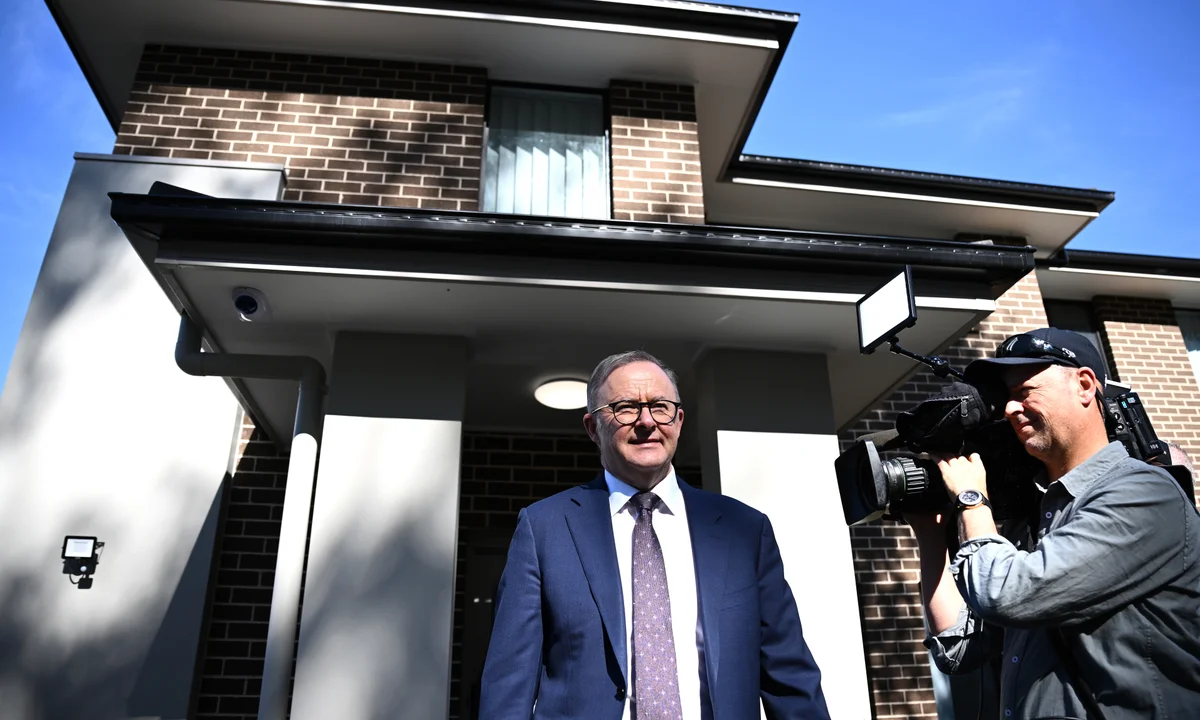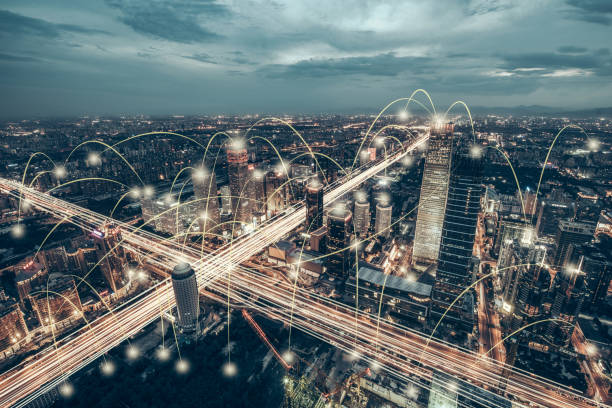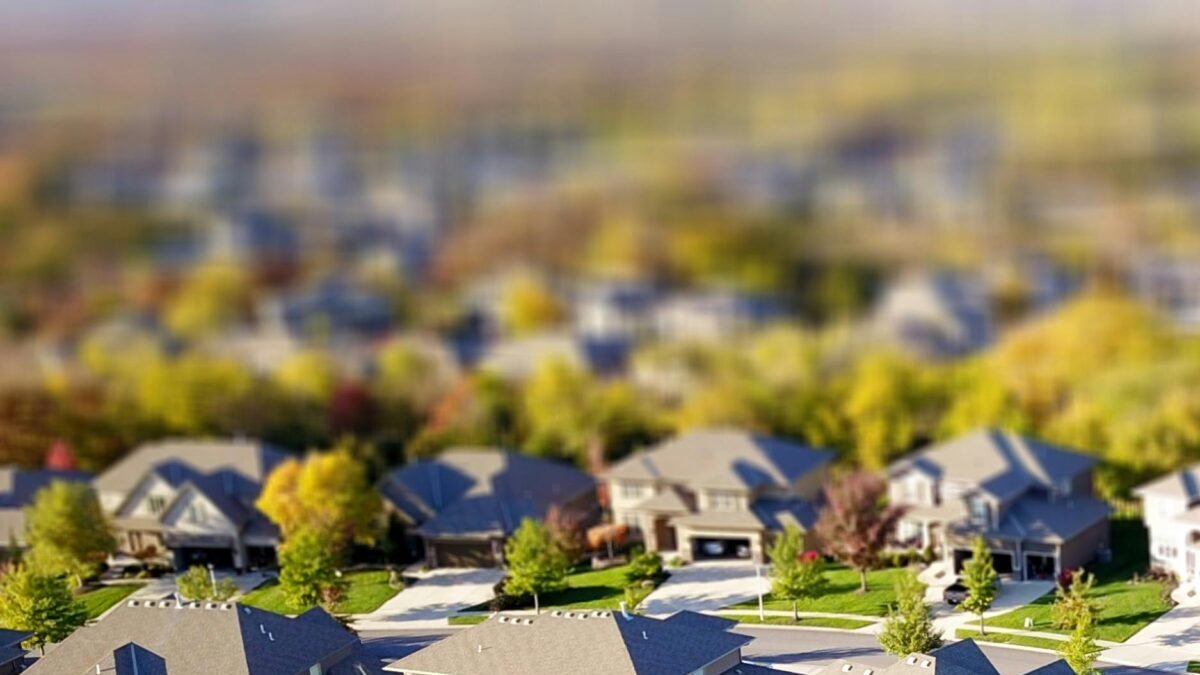Now Reading: Dubai’s Real Estate Secrets the Middle East Must Learn Now
-
01
Dubai’s Real Estate Secrets the Middle East Must Learn Now
Dubai’s Real Estate Secrets the Middle East Must Learn Now

The United Arab Emirates (UAE) is no stranger to luxury skyscrapers, innovative developments, and booming property markets. But among its seven emirates, Dubai stands out as the crown jewel of real estate success. With smart planning, global appeal, and investor-friendly policies, Dubai’s real estate market continues to thrive in 2025, despite global economic challenges.
As regional cities aim to grow their property sectors, Dubai offers a blueprint worth studying. From smart infrastructure and digital transformation to sustainable living and foreign investment strategies, there are important lessons Dubai can teach the entire region.
1. Smart Urban Planning and Infrastructure

Dubai’s success didn’t happen by accident. It came from strategic master planning.
The city has invested heavily in transportation networks, high-speed internet, green spaces, and world-class public services. Areas like Dubai Marina, Downtown Dubai, and Dubai South are examples of how smart zoning can create thriving residential and commercial hubs.
Lesson for the region:
Urban planning matters. Cities like Riyadh, Doha, and Cairo can benefit from designing future-proof communities with walkable areas, good connectivity, and essential services close to homes.
2. Foreign Investment-Friendly Policies
Dubai made it easy for foreign investors to buy, own, and resell property, especially in designated freehold zones. This opened the market to a wide range of international buyers, from Europe and Asia to Africa and the Americas.
Recent updates to golden visa schemes have further encouraged long-term investments from foreign nationals, tying property ownership to residency in a way that benefits both investors and the economy.
Lesson for the region:
Governments in the Middle East must relax property ownership laws and offer more secure, long-term investment pathways to attract global interest.
3. Data-Driven Decision Making
Dubai uses technology and real-time data to monitor property trends. Platforms like the Dubai Land Department (DLD) and DXBInteract provide up-to-date data on prices, locations, and transaction volumes.
These tools help buyers, developers, and policymakers make informed decisions and avoid risky speculation.
Lesson for the region:
Transparency builds trust. Other cities in the region can improve investor confidence by making data easily accessible, improving regulation, and reducing bureaucratic friction.
4. A Focus on Luxury and Lifestyle

Dubai is known for its luxury living — but more importantly, it delivers lifestyle value beyond just high-end homes. Whether it’s world-class schools, beach access, cultural hubs, or shopping centers, Dubai offers a complete ecosystem for residents.
The rise of branded residences, like Armani, Bulgari, and Emaar collaborations, shows how developers are adding unique value to real estate.
Lesson for the region:
Don’t just build houses — build lifestyles. Offering high-quality services and amenities can make any city attractive to global investors and skilled professionals.
5. Diversification and Adaptability
While Dubai started with luxury and commercial towers, it has since adapted to offer a wider range of options — from affordable housing and co-living spaces to eco-friendly villas and retirement communities.
The city has also diversified its economy to support real estate growth through tourism, finance, tech, and trade.
Lesson for the region:
Don’t depend on one type of property or buyer. Regional markets should diversify their offerings and build supportive industries to ensure long-term demand.
6. Sustainability and Green Development
Dubai is now focusing more on green buildings, solar energy, and sustainable development. Projects like The Sustainable City and Dubai 2040 Urban Master Plan show a serious push toward environmental responsibility.
Lesson for the region:
Eco-friendly homes are the future. Middle Eastern developers should begin investing in green technologies, water-saving systems, and energy-efficient materials to align with global sustainability goals.
7. Leveraging Expo 2020 Legacy
The success of Expo 2020 Dubai boosted real estate around its location and left a lasting legacy in the form of Dubai South, a future-ready district with residential, commercial, and industrial projects.
Lesson for the region:
Major events can create real estate demand. Hosting international expos, sports tournaments, or cultural festivals can raise a city’s profile and encourage local development.
Final Thoughts
Dubai has shown that vision, planning, and openness to the world can transform a desert into a global real estate leader. As the Middle East continues to evolve, cities across the region have a golden opportunity to learn from Dubai’s example — not to copy it exactly, but to adapt its principles to local needs.
Whether it’s investor confidence, infrastructure, or sustainability, Dubai’s real estate journey offers valuable lessons. As new mega-projects rise across the Gulf and beyond, it’s clear: Dubai isn’t just setting trends — it’s shaping the future.
Read More:- Shobha Realty Launches Its Most Luxurious Project Yet—Full Details Inside 2025






















